Top Class Actions’s website and social media posts use affiliate links. If you make a purchase using such links, we may receive a commission, but it will not result in any additional charges to you. Please review our Affiliate Link Disclosure for more information.
A class action lawsuit accuses GlaxoSmithKline of jumping on the “greenwashing” bandwagon by advertising its Benefiber products as all natural while not changing the ingredients to match.
California resident Phillip White says he’s among the growing number of customers who seek out products labeled as all natural, such as Benefiber. However, White argues that the pharmaceutical giant’s labeling was unreliable, and caused users like him financial injury.
White retells his purchase of Benefiber, saying he bought a bottle of Benefiber Prebiotic Fiber Supplement at a Target store in California in January 2020. According to White, he paid $12 for the product. He says he purchased it specifically because it was advertised as “100% Natural.”
However, White’s Benefiber class action lawsuit goes on to say that after he made his purchase, he discovered that the product contained a range of processed ingredients. In his view, these ingredients were not consistent with the labeling.
According to White, he was financially injured by the Benefiber advertising and labeling, because had he known that the product was not “100% Natural,” he would not have purchased it or would not have paid as much as he did for it.
The Benefiber false ad class action lawsuit argues that GlaxoSmithKline intentionally makes its “all natural” theme and advertisement the center of the product’s advertising. According to the allegations, the “100% Natural” label is positioned front and center on the products’ labeling. The label is allegedly various shades of green, accompanied by nature-themed imagery.”
Despite this insistence on the product’s “all natural” nature, says White, the product’s only ingredient is highly processed. He notes that the only listed ingredient is “wheat dextrin,” which he says is a non-natural, synthetic ingredient.
The GlaxoSmithKline fiber products class action lawsuit says that wheat dextrin is a synthetic product made from wheat starch, the processed endosperm of wheat grain.
Allegedly, the process to convert wheat starch to wheat dextrin is complex. White explains that hydrochloric acid and enzymes are added to wheat starch, to convert it to wheat dextrin. This process supposedly allows experts to create a set of biological properties that “resists digestion, increases fiber content, enhances solubility, lowers viscosity, and adds sweetness to the product marketed to consumers.”
According to White, this process effectively turns a natural product into a synthetic one — he stresses that by the time the wheat dextrin reaches consumers, it is significantly different from where it started as wheat starch.
White is not the only party to attack GlaxoSmithKline for allegedly false advertising its products. Competitor Procter & Gamble allegedly challenged GlaxoSmithKline’s “all natural claims,” which prompted the National Advertising Division to review Benefiber.
According to White, this investigation led the NAD to conclude that Benefiber’s wheat dextrin represents a “significant alteration of the source ingredient that is inconsistent with a consumer’s reasonable understanding of a product that claims to be ‘100% natural.’”
Based on this conclusion, the NAD supposedly recommended that GlaxoSmithKline stop using the “100% natural” claim on Benefiber.
The Benefiber all natural class action lawsuit goes on to say that the law itself defines synthetic as a “substance that is formulated or manufactured by a chemical process or by a process that chemically changes a substance extracted from a naturally occurring plant, animal, or mineral sources, except that such terms shall not apply to substances created by naturally occurring biological processes.”

The Federal Trade Commission reportedly recognizes that the use of the term “natural” is one that many marketers are increasingly using to attract consumers, and advises them to use it faithfully.
However, many marketers may be touting a natural label without including only natural ingredients, in what White says is a “greenwashing” epidemic.
Do you prioritize purchasing “all natural” products? Share your experience in the comments below.
White is represented by Ryan J. Clarkson, Shireen M. Clarkson, Matthew T. Theriault, Celine Cohan, and Lauren E. Anderson of Clarkson Law Firm; and by Christopher D. Moon and Kevin O. Moon of Moon Law APC.
The Benefiber All Natural False Ad Class Action Lawsuit is Phillip White v. GlaxoSmithKline Consumer Healthcare Holdings (US) LLC, Case No. 5:20-cv-04048, in the U.S. District Court for the Northern District of California.
ATTORNEY ADVERTISING
Top Class Actions is a Proud Member of the American Bar Association
LEGAL INFORMATION IS NOT LEGAL ADVICE
Top Class Actions Legal Statement
©2008 – 2024 Top Class Actions® LLC
Various Trademarks held by their respective owners
This website is not intended for viewing or usage by European Union citizens.

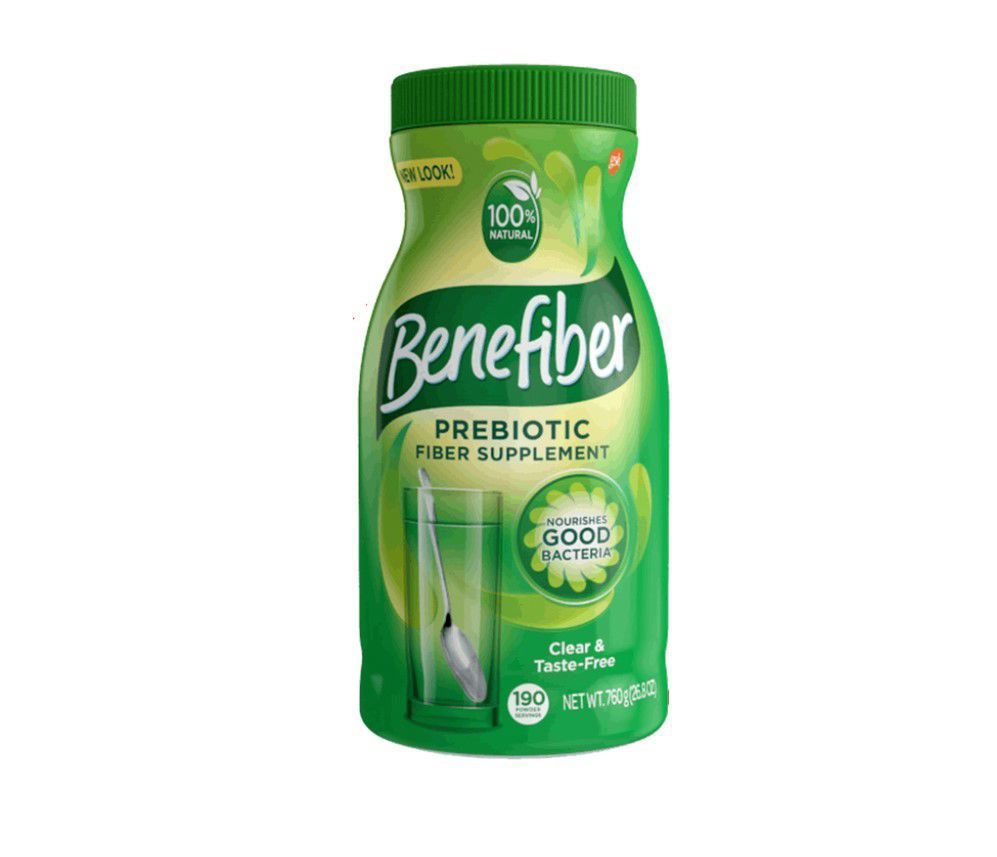


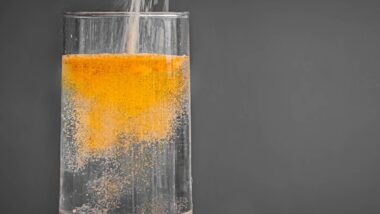
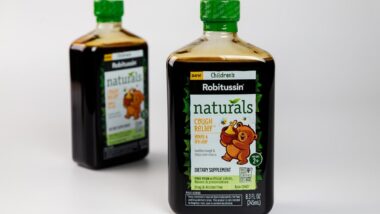



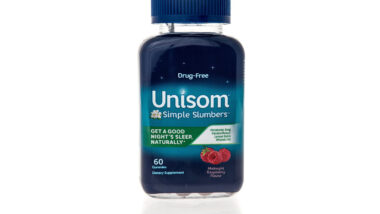

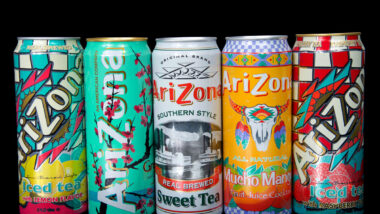
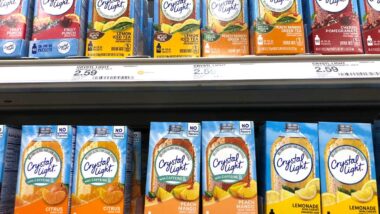



118 thoughts onBenefiber Class Action Says Supplement Isn’t 100% Natural
Has Benefiber been tested for glyphosate? I am concerned about that more than gluten or some other things.